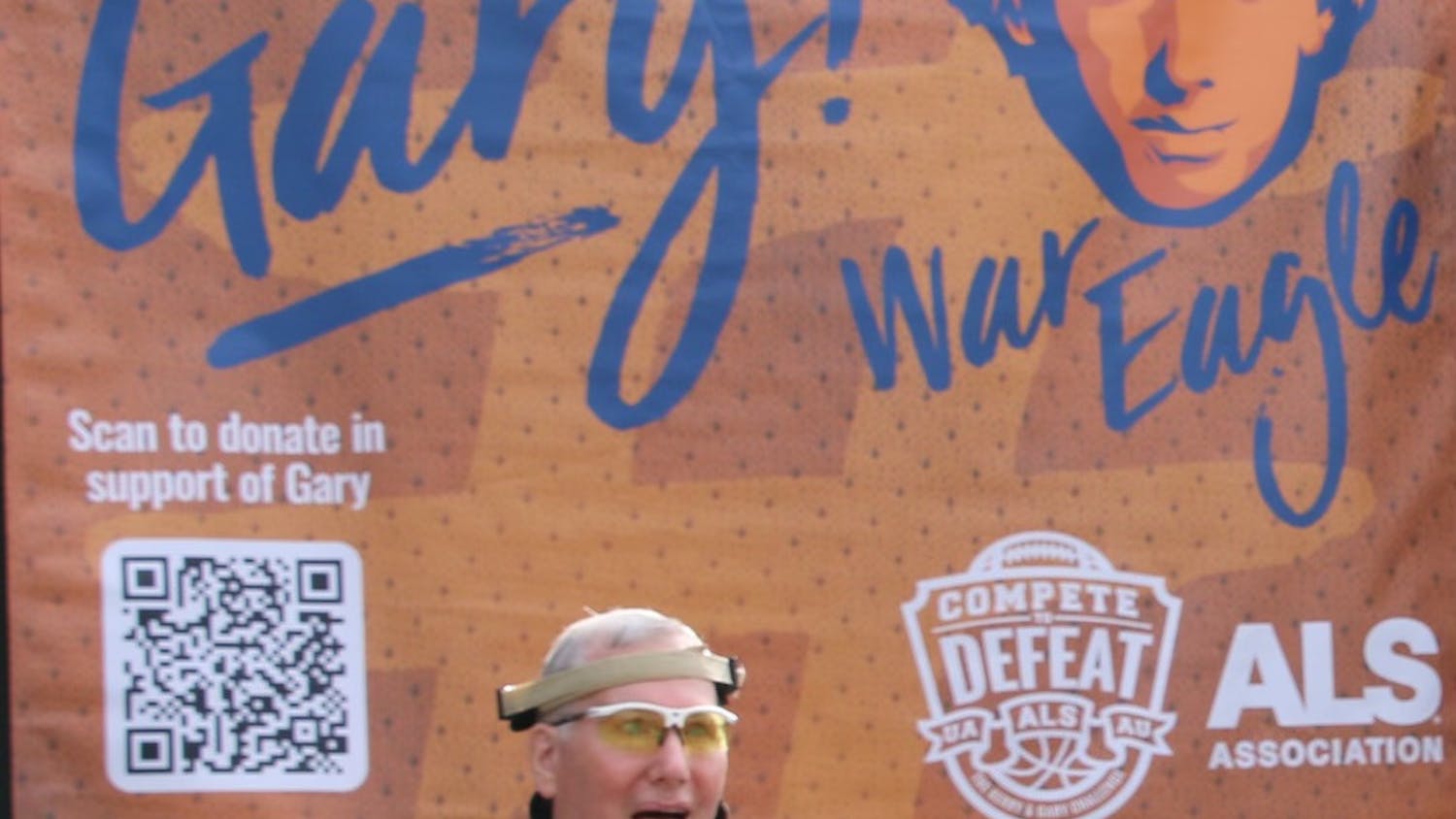As of last year, 17,852 residents of Alabama had HIV.
According to statistics from the Alabama Department of Public Health, 290 live in Lee County.
Misconceptions regarding the spread of HIV and hesitance to be tested for the virus have led to an increasing rate of infection in the South.
"Although the HIV epidemic in the United States was initially concentrated in New York City and other large urban areas, over the last two decades the Southern region has experienced substantial increases in new HIV/AIDS cases while the overall U.S. rate has remained more stable," according to the Southern HIV/AIDS Strategy Initiative.
But while these numbers hit close to home, Bailey Price, senior in accountancy, said she is afraid younger generations don't realize just how close.
"I feel like the '80s was when the whole AIDS scare started, and so trickling down from that there has been an information overload to our generation about STDs and HIV," Price said. "But pop culture has made it such that you really only hear about it when it has to do with gay men."
These stigmas are what Marilyn Swyers, manager of AIDS outreach at the East Alabama Medical Center and director of the Unity Wellness Center, an STD testing clinic, said must be dismissed in order for sexually active people to live carefully.
"In our service area the risk behavior (for HIV) is around 50 percent heterosexual, 50 percent men having sex with men," Swyers said. "Though it is more common in males than females, the number of women testing positive has significantly increased up to 24 percent."
Price said many people are not educated enough about AIDS to stay safe.
"They're like, 'Oh, I don't have that because I'm not a shooting up heroin (or) I'm not a gay man,'" Price said. "They just assume they don't have it, whereas with all the other STDs it's much more thought of."
Swyers said the national statistic from the Centers for Disease Control and Prevention shows that out of the 1.2 million Americans who are HIV positive, one out of four are unaware of their condition.
"Many patients are coming to us young and very sick, and they've been infected with this virus anywhere from four to five years before a symptom shows up," Swyers said. "They have already progressed significantly to AIDS."
Furthermore, Swyers said many people don't seek help because of their financial means and lack of insurance.
"What they don't realize is that there are services that can help them," she said.
Swyers said there are also those who don't want to be tested because of the implications if the test is positive, something Price said she finds ridiculous.
"It's so looked down upon to have an STD or to even think you have an STD that people aren't willing to even put themselves in the position to be tested because they're afraid of what other people might think," Price said.
"It's just stupid. People sleep around all the time and it's not a big deal to them, but when it comes to being safe about it and protecting yourself and checking yourself, it's more taboo than actually having sex with half the city."
Despite all the possible reasons people avoid being tested, Swyers said there is no excuse that justifies being unsafe.
"The testing process is much easier than it has been in years past," Swyers said. "At the Unity Wellness Center we use Oraquick; it's a rapid test. The individual swabs the inside of their mouth in between their lip and their gum one time around the top and the bottom.
"We then put it into a developer and it takes 20 minutes. During that 20 minutes we counsel and assess that individual's risk factors. Once we identify those risk factors we do risk reduction."
Swyers agrees that education and awareness are crucial in reducing the number of HIV cases, which is why this type of information is a major focus at the UWC.
"We do not just bring patients in and test them," she said. "We provide a lot of education. With our high-risk individuals we do a lot of encouraging for them to come back and get tested on a regular basis."
UWC also comes to Auburn, Tuskegee University, Southern Union and drug rehabs to offer free HIV testing to anyone who requests it, she said.
Sawyers said people should be tested for HIV now more than ever because treatment has come a long way.
"Now, you can be diagnosed in your early 20s and go on treatment and your life expectancy is mid- to late-60s," Swyers said. "That's how much treatment has changed an individual's way to live with HIV as a chronic disease. But the big piece is getting them tested and getting them in care, and that's huge.
"Bottom line, if anybody is sexually active, you're at risk. It would be prudent to your health to get tested once a year whether that's free through an HIV clinic or your primary care doctor."
Do you like this story? The Plainsman doesn't accept money from tuition or student fees, and we don't charge a subscription fee. But you can donate to support The Plainsman.




